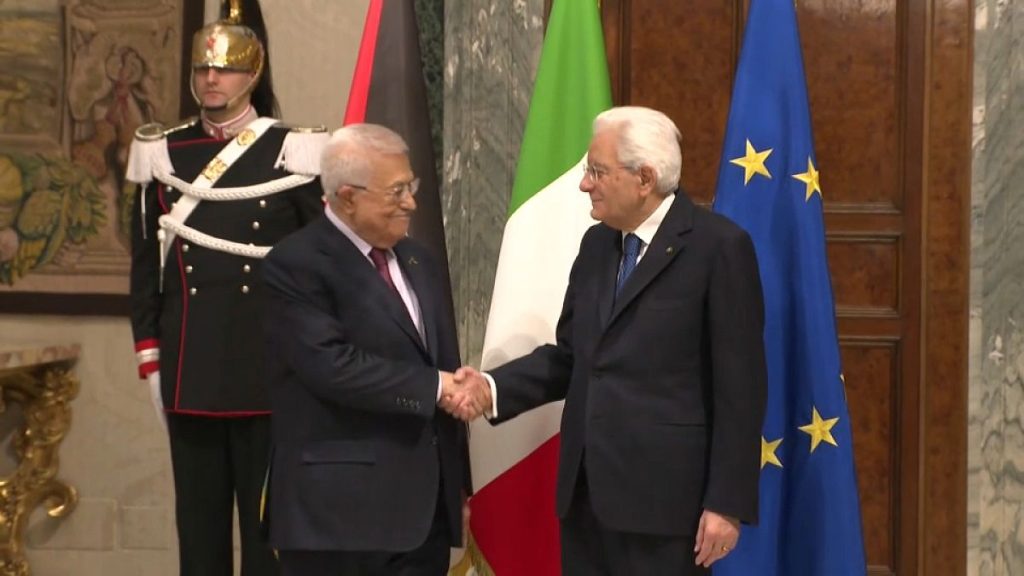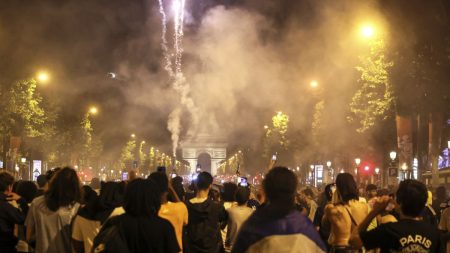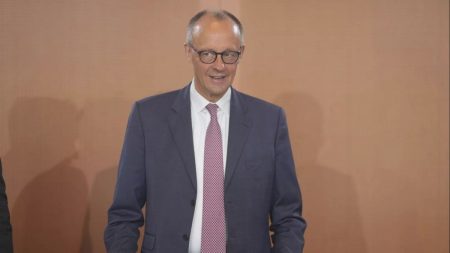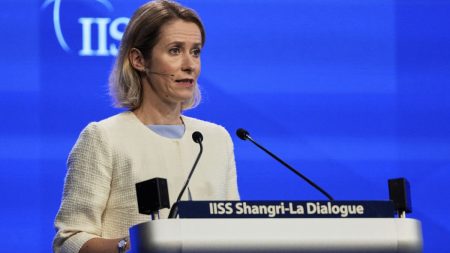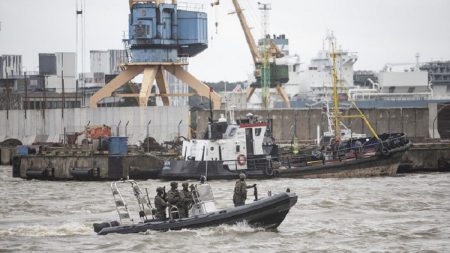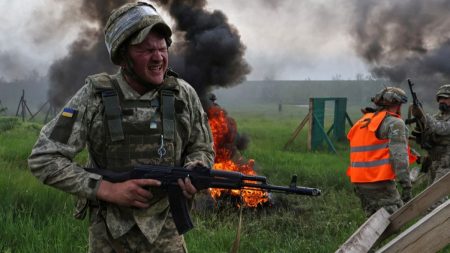Palestinian President Mahmoud Abbas embarked on a diplomatic mission to Italy, meeting with both Italian President Sergio Mattarella and Pope Francis to address the escalating tensions and humanitarian crisis in the Palestinian territories. The discussions centered on the precarious situation in the West Bank and East Jerusalem, particularly the ongoing Israeli settlement expansion, which has been widely condemned by the international community for violating UN resolutions and fueling the cycle of violence against Palestinians. President Mattarella expressed deep concern over these developments, reaffirming Italy’s unwavering support for a two-state solution as the only viable path towards achieving lasting peace in the region. He emphasized the urgent need for a cessation of hostilities and the crucial role of the Palestinian Authority in rebuilding and fostering stability once a ceasefire is established in Gaza.
Concurrent with Abbas’s visit, Lebanese caretaker Prime Minister Najib Mikati also met with Pope Francis at the Vatican, focusing on the multifaceted challenges facing Lebanon. The Pope, a staunch advocate for peace and interfaith dialogue, reiterated the importance of Lebanon as a symbol of coexistence and resilience, emphasizing its historical role as a bridge between different cultures and religions. He underscored the critical need for unity and collaboration among Lebanese officials to navigate the country’s complex political and economic crises, exacerbated by the recent conflict between Hezbollah and Israel. The Pope’s meeting with Mikati highlighted the Vatican’s commitment to supporting Lebanon’s recovery and its enduring message of hope and reconciliation.
President Mattarella’s meeting with Abbas underscored Italy’s commitment to the pursuit of a peaceful resolution to the Israeli-Palestinian conflict. He stressed the fundamental importance of adhering to international law and UN resolutions, particularly regarding the cessation of settlement activities, which are widely considered a major obstacle to peace. Mattarella’s call for a two-state solution, based on the 1967 borders, reflects the broad international consensus on the need for a just and sustainable settlement that ensures the right of both Israelis and Palestinians to live in peace and security. He also highlighted the critical role of the Palestinian Authority in maintaining stability and facilitating the reconstruction process in Gaza following the recent conflict.
Abbas’s subsequent meeting with Pope Francis provided an opportunity to further amplify the Palestinian perspective and garner international support for their cause. The Pope, a vocal advocate for human rights and dignity, has consistently called for peace and justice in the Holy Land. Abbas’s reported appeal to the Pope to advocate for the recognition of a Palestinian state within the international community underscores the Palestinian Authority’s ongoing diplomatic efforts to secure broader recognition and support for their aspirations for self-determination. This diplomatic engagement serves to highlight the humanitarian crisis unfolding in the Palestinian territories and the urgent need for a just and lasting resolution to the conflict.
The timing of these meetings, following the recent escalation of violence between Israel and Hamas in Gaza, further emphasizes the urgency of finding a peaceful solution. The devastating impact of the conflict, with widespread displacement and significant economic losses, underscores the humanitarian crisis facing the Palestinian people and the imperative for international action to address their needs. The World Bank’s assessment of the economic damage and losses incurred during the conflict underscores the immense challenges facing the region and the need for coordinated international support for reconstruction and recovery efforts.
In conclusion, the diplomatic engagements of both Abbas and Mikati with Italian and Vatican officials reflect the international community’s growing concern over the escalating tensions and humanitarian crises in the Middle East. These meetings highlight the urgent need for a renewed commitment to peaceful dialogue, adherence to international law, and a concerted effort to address the underlying causes of conflict. The emphasis on a two-state solution, the cessation of settlement activities, and the crucial role of the Palestinian Authority in fostering stability and reconstruction underscores the international community’s commitment to finding a just and sustainable resolution to the Israeli-Palestinian conflict. Furthermore, the Pope’s meeting with Mikati emphasizes the importance of supporting Lebanon’s recovery and its enduring role as a beacon of hope and coexistence in a region beset by conflict.




